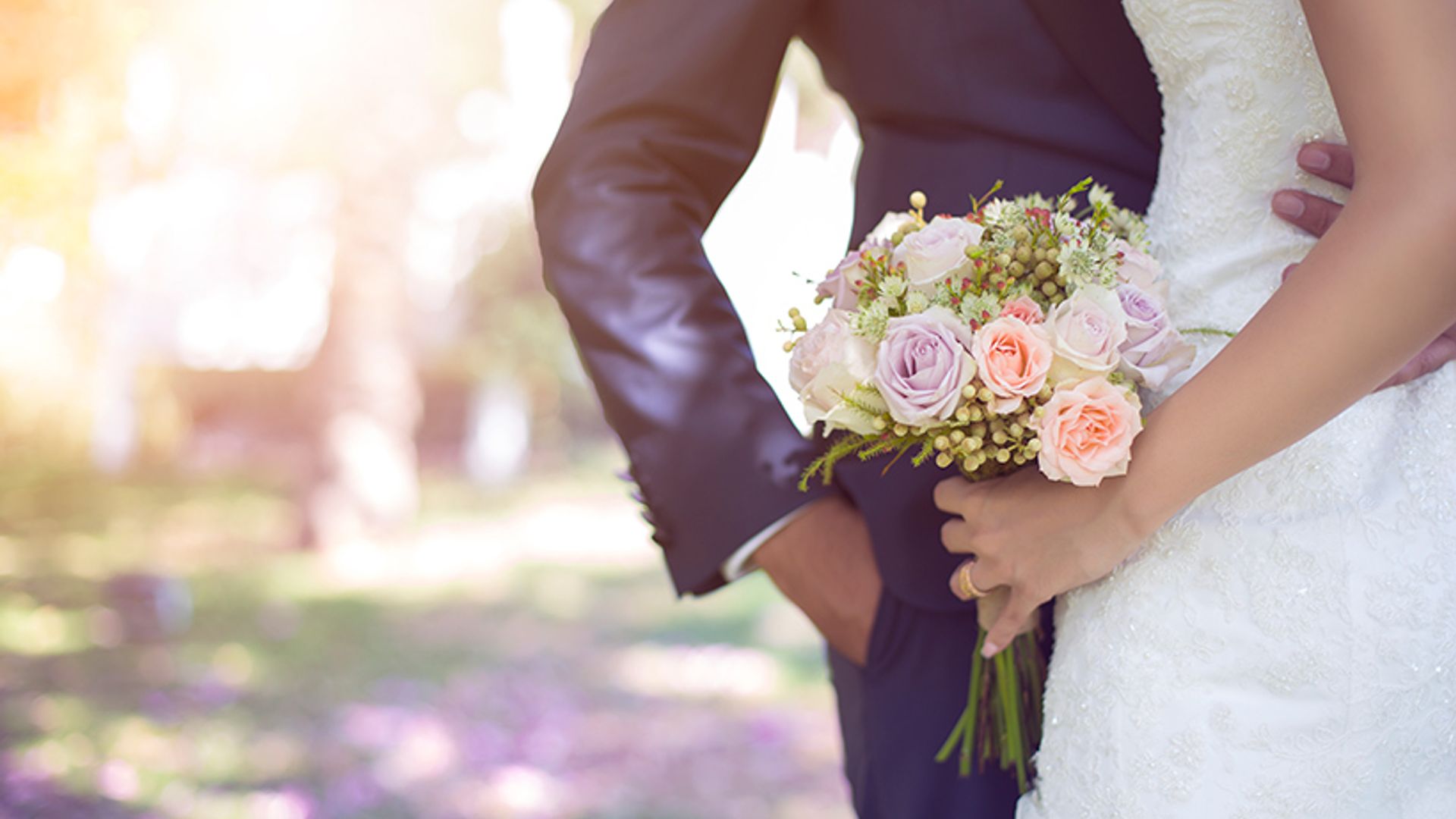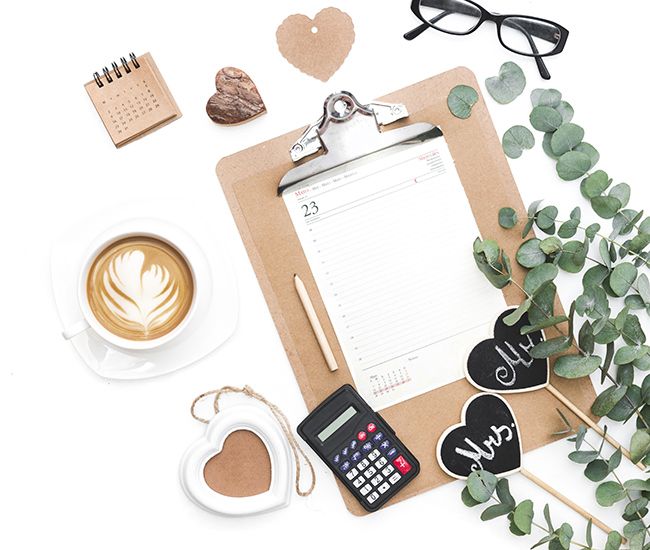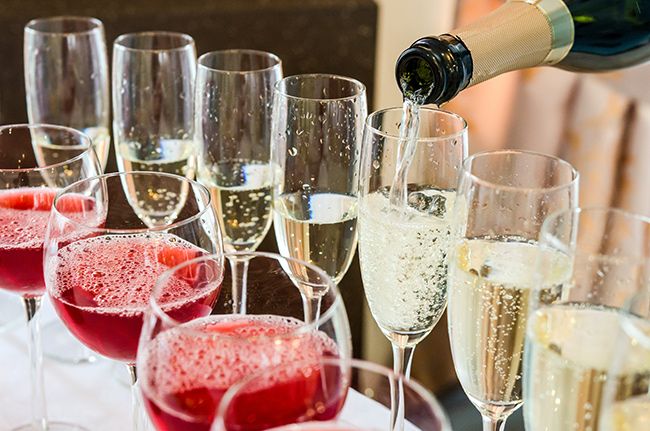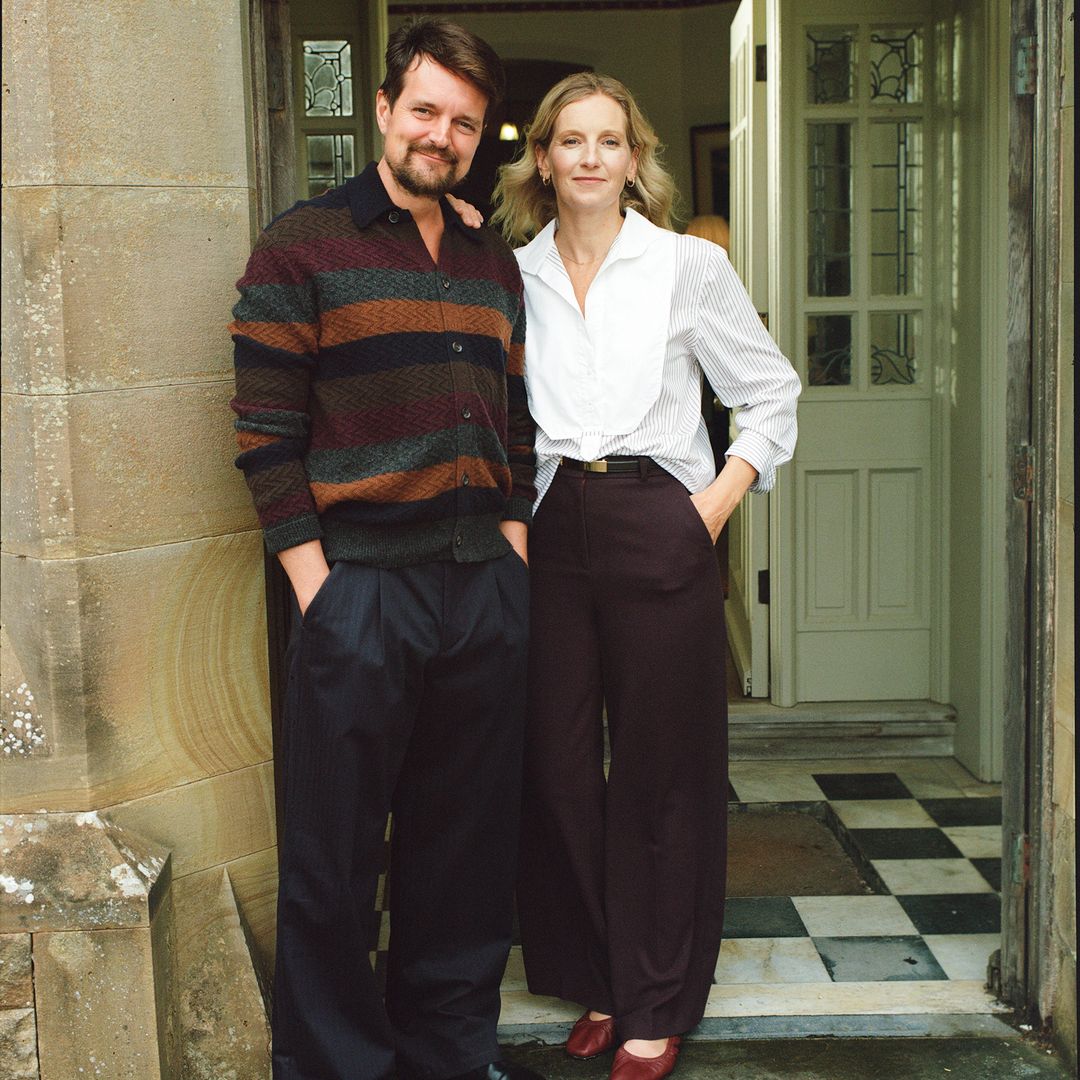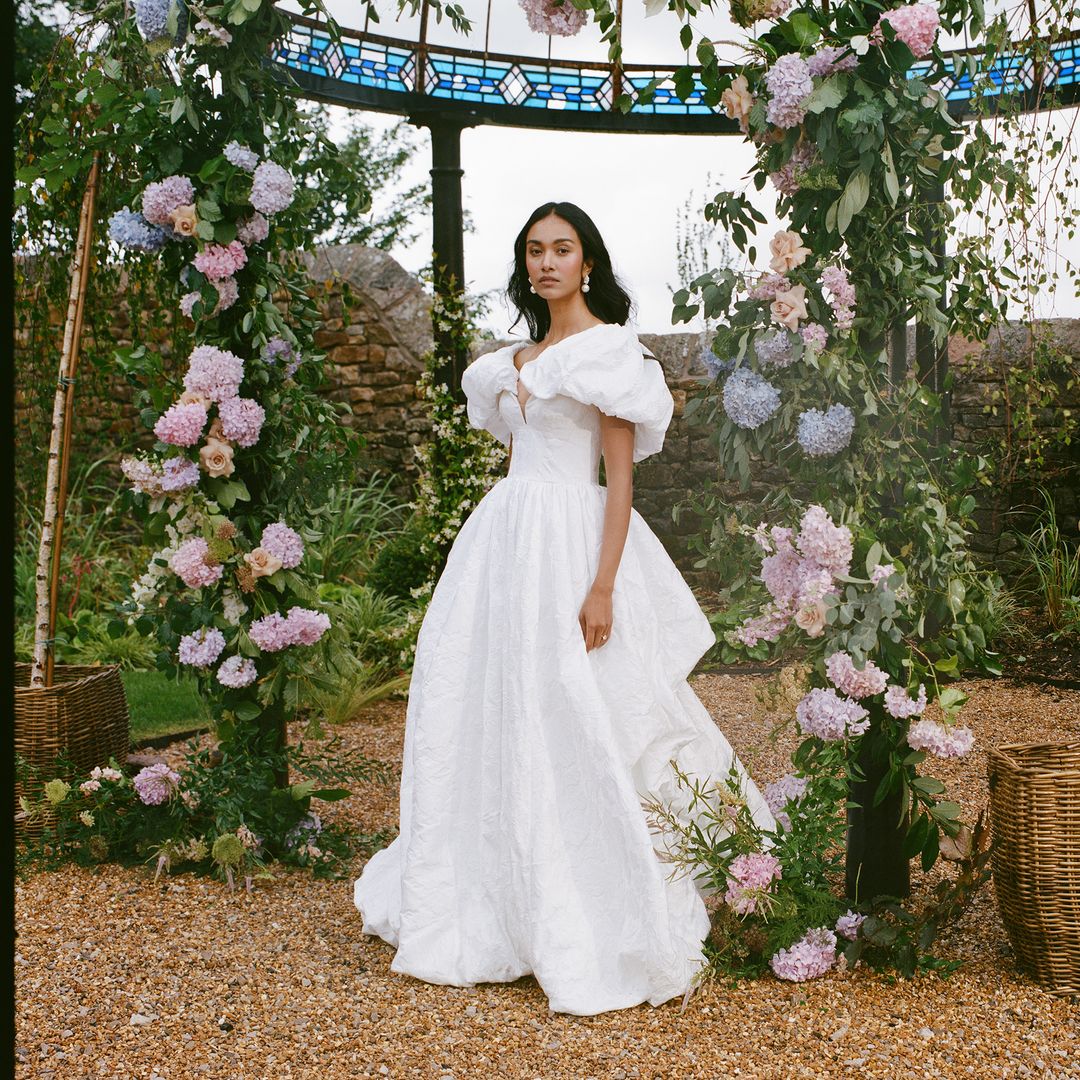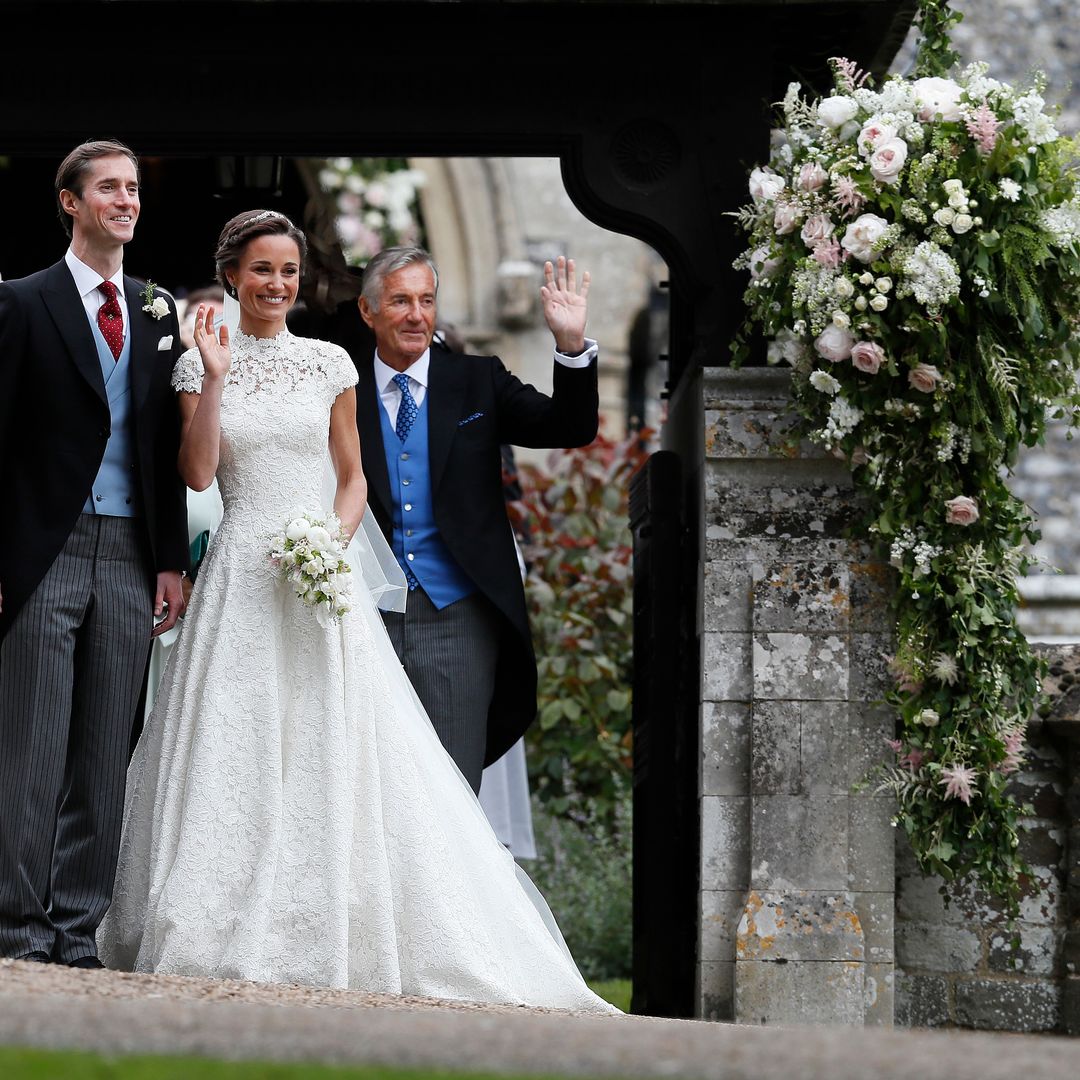A wedding is the most magical day of your life so of course you want it to be perfect – the dress, the venue, the cake, the list is lengthy. Unfortunately the price tag is not so magical, with brides and grooms often paying staggering amounts to say 'I do' in style. Now, a new survey has revealed just how much the UK spends on weddings and the hottest trends for this year's nuptials. The Bridebook Wedding Report 2018 reports that on average, UK couples now spend £30,355 on suppliers for their wedding, which is up 12% year over year – and that doesn't even include the honeymoon! Cash spent on marquee hire, food and drink, and venue dressing increased the most.
Alarmingly, two thirds of couples go over budget or have zero budget when it comes to wedding costs. The most expensive region to get married in is London – no surprise there – and the least pricey is Northern Ireland, at an average just £12,738 (cue wedding interest there from now on). Bridal wear and accessory costs come in at £1,537.
Saturday weddings aren't necessarily the norm any more, with 44% of couples opting for other days of the week to marry. Fridays and Sundays are increasingly popular. The '3-day wedding' is another new trend, with 25% of couples choosing to extend their celebration over two to three days, which of course means more expense. Longer venue hire, more outfits to buy and so on.
MORE: The real reason Emma and Matt Willis decided to renew their wedding vows
Tech is another big change in wedding costs – couples now spend more on music (average of £1,039) and other entertainment to impress guests with shareable social media content.
Couples are saving money in some areas though - fewer people are hiring videographers and 14% of couples are saving cash by doing their own e-invites and wedding websites. Stationary spend is down too, as brides and grooms make their own table plans and place cards.
MORE: Karlie Kloss announces her engagement to Joshua Kushner – see the incredible ring!
Hamish Shephard, Bridebook.co.uk founder, said: “The millennial generation are getting married later in life, when they are more financially independent. They are in a position to be able to ‘host’ their own wedding, and no longer see it as their parents' financial responsibility. They are rising to the challenge exercising their ability to be creative, motivated by things like local sourcing, ethical production and a great authentic experience.”
“We are seeing that people are prioritising the ‘wow’ moments, wanting to surprise and delight their guests with ‘insta-worthy’ theatrical performances. Guests are sharing mobile footage on social media or on file-sharing websites. Selfie sticks, photo booths and drones are popular too.”
